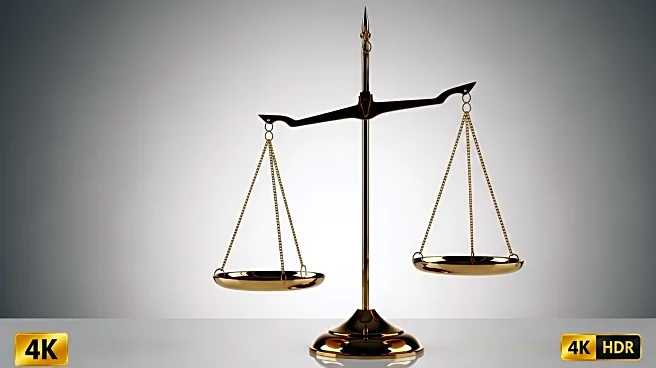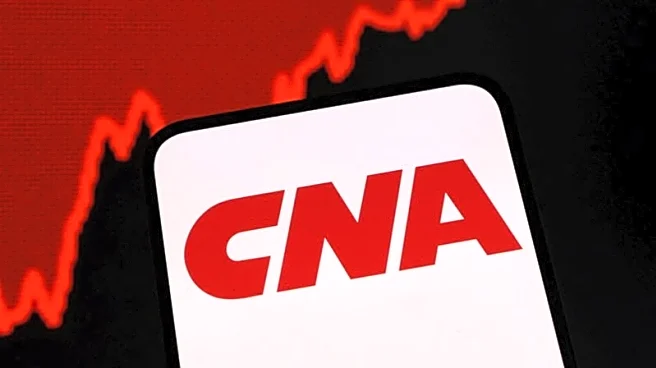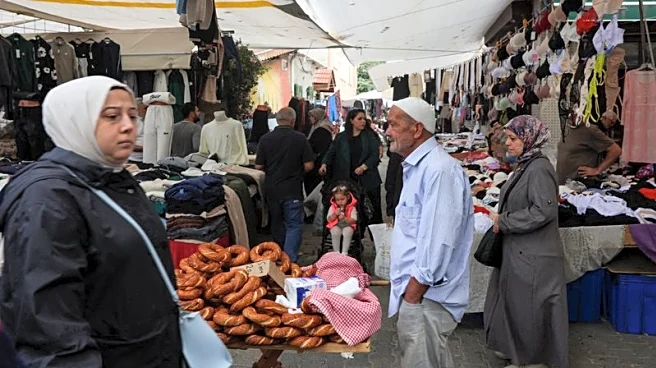What's Happening?
Qatari Prime Minister Mohammed bin Abdulrahman Al Thani has stated that Qatar remains committed to its role as a mediator in regional conflicts, despite recent challenges. During a press conference in Doha, Al Thani emphasized that Qatar's mediation efforts will not be deterred by external pressures. This statement comes in the wake of an Israeli attack, which U.S. officials reportedly warned Qatar about only ten minutes after it began. Al Thani described the attack as 'treacherous,' highlighting the complexities and tensions in the region. Qatar has historically played a significant role in mediating disputes in the Middle East, leveraging its diplomatic relationships to facilitate dialogue and negotiation.
Why It's Important?
Qatar's continued commitment to mediation is crucial for regional stability in the Middle East. As a nation with strong diplomatic ties across various factions, Qatar's role can help de-escalate conflicts and foster dialogue. The recent Israeli attack underscores the volatile nature of regional politics, where timely mediation can prevent further escalation. Qatar's stance may influence other nations to support diplomatic solutions over military actions, potentially reducing the risk of broader conflicts. Additionally, Qatar's mediation efforts can impact U.S. foreign policy in the region, as the U.S. often relies on Qatar's diplomatic channels to communicate with groups it does not directly engage with.
What's Next?
Qatar is likely to continue its mediation efforts, seeking to bring conflicting parties to the negotiating table. The international community, including the U.S., may increase diplomatic engagement with Qatar to leverage its mediation capabilities. Regional stakeholders might respond by either supporting Qatar's efforts or attempting to undermine them, depending on their strategic interests. The situation could lead to new diplomatic initiatives or agreements aimed at reducing tensions and fostering peace.










